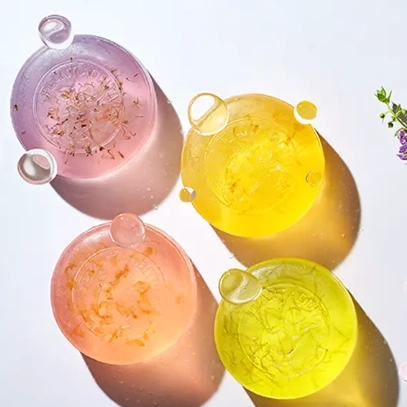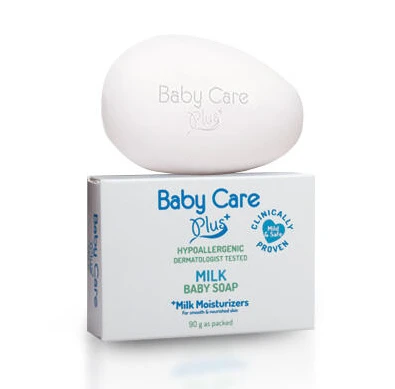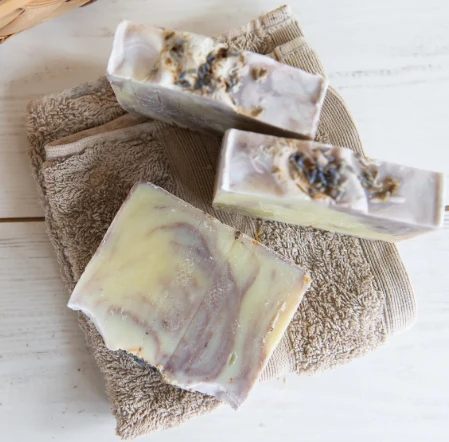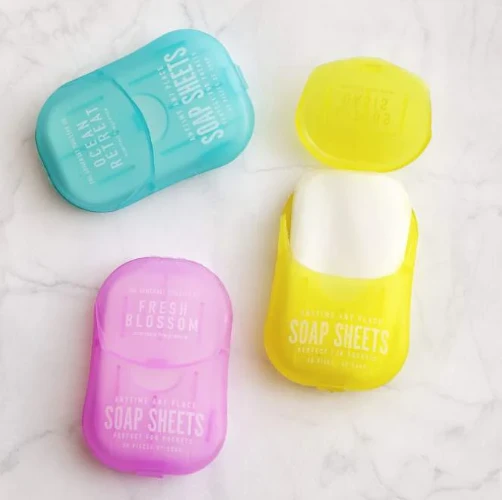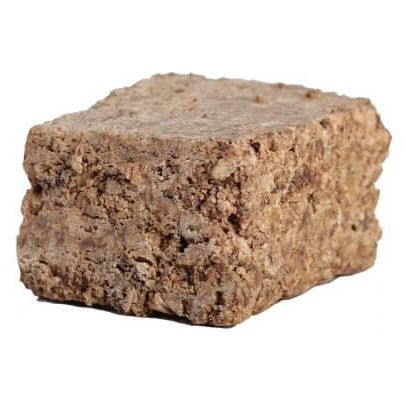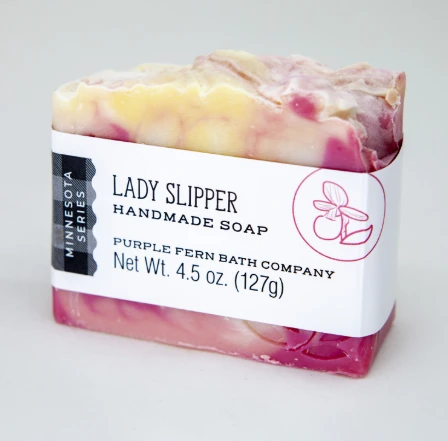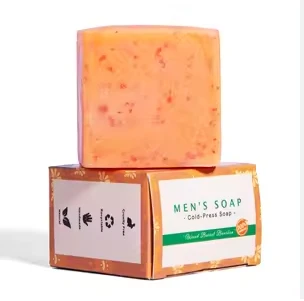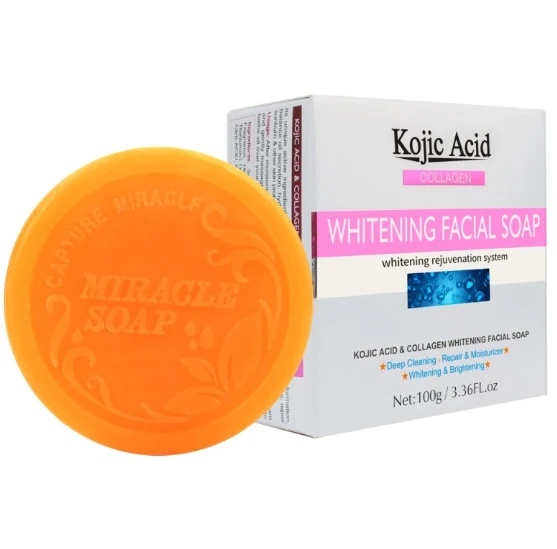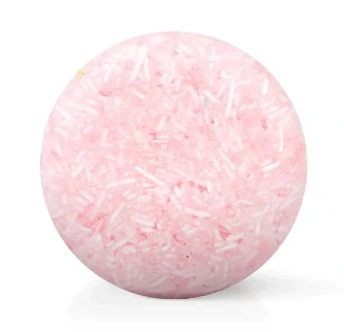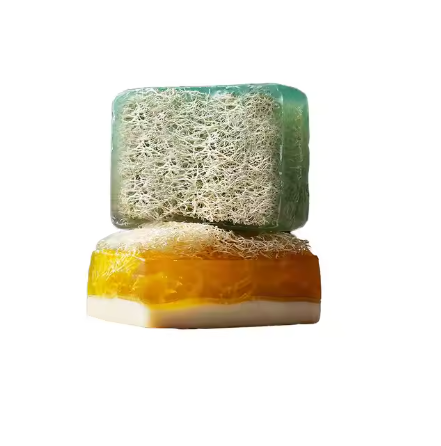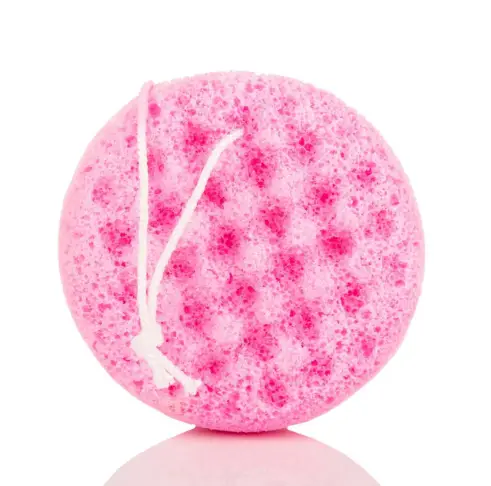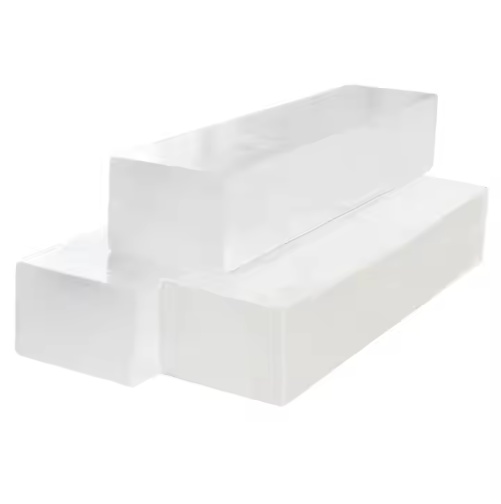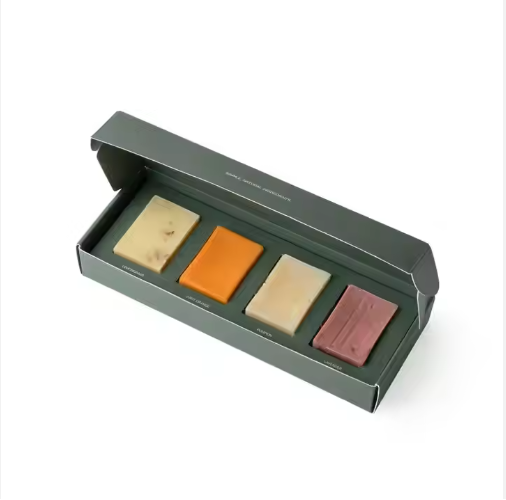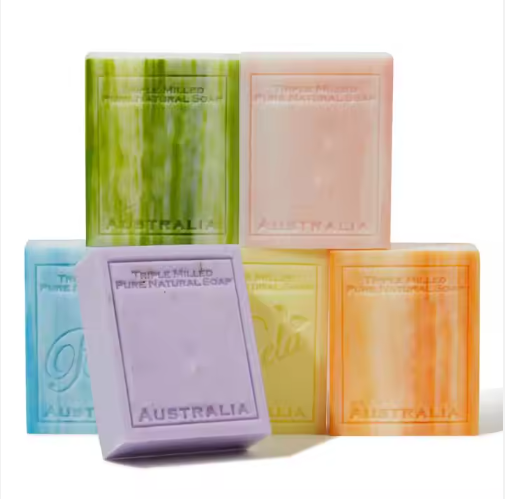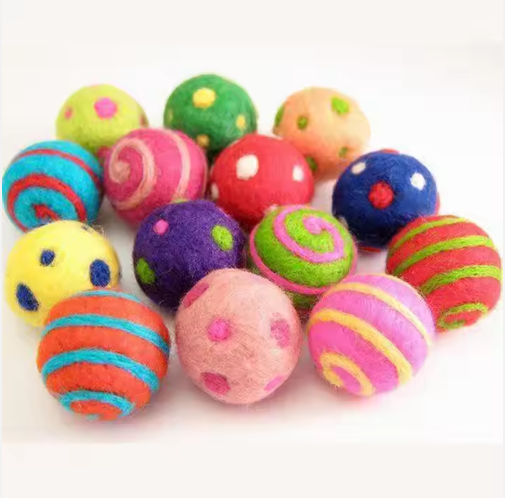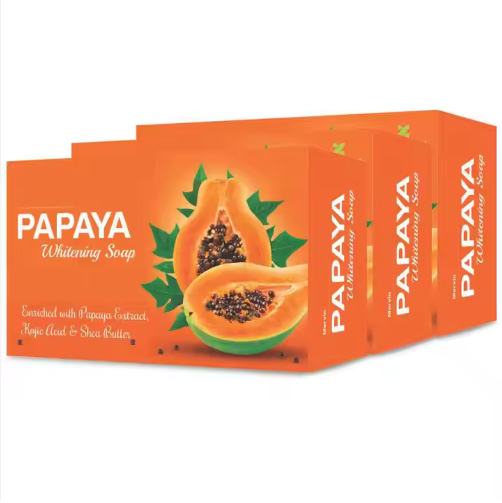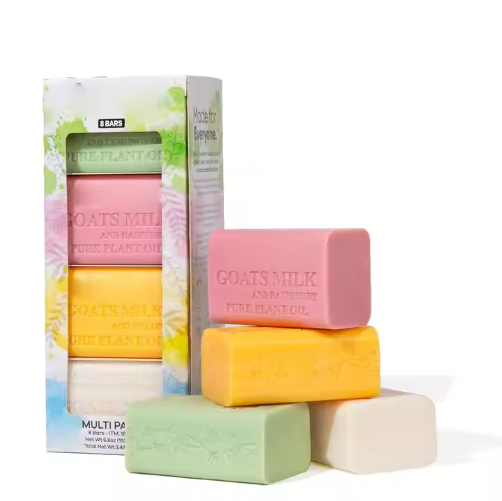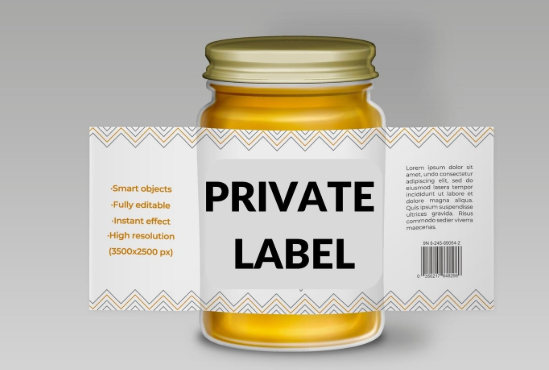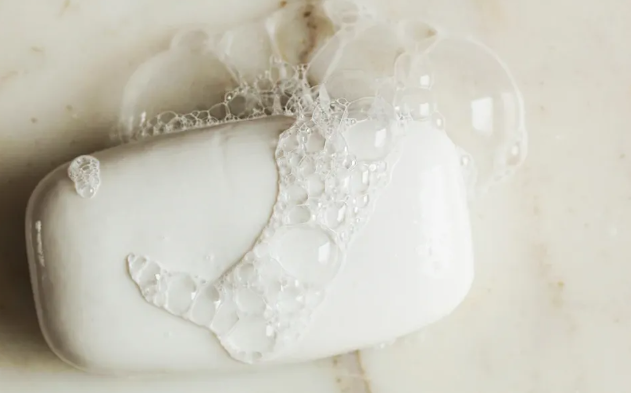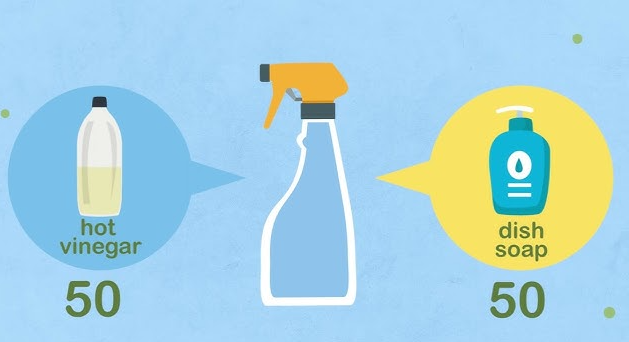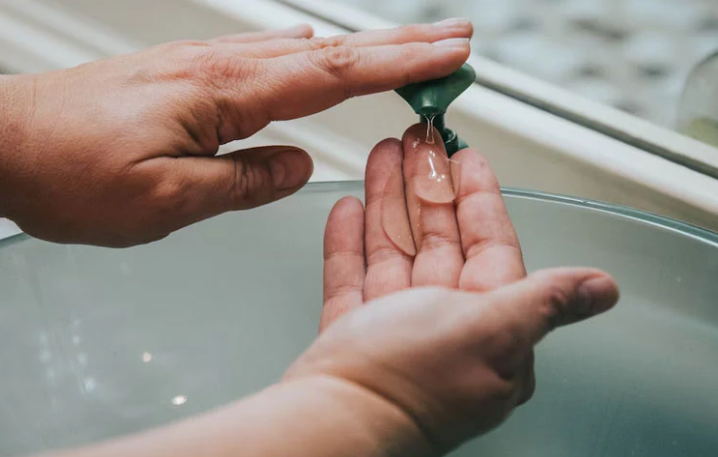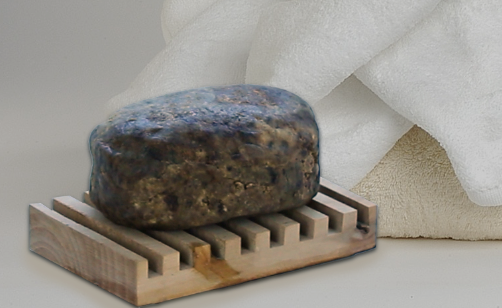Does african black soap expire
What is African Black Soap?
African Black Soap, or ‘Alata Samina’, hails from the Yoruba people in Nigeria and other West African nations. It’s a skincare staple, passed down through generations.
It’s crafted from a mix of plantain skins, palm tree leaves, cocoa pods, and shea tree bark. These are sun-dried, roasted, and then mixed with oils like palm oil, coconut oil, or shea butter. The result? A nutrient-rich, natural cleanser.
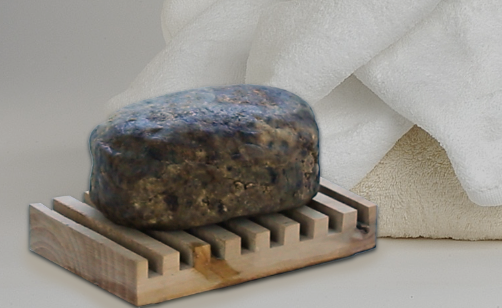
How to Use African Black Soap
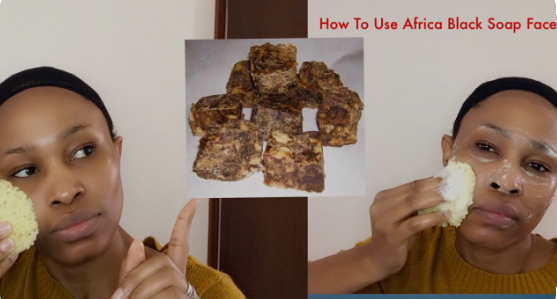
Step-by-Step Guide
- Wet the Soap: Start by wetting the soap and your skin with lukewarm water.
- Lather Up: Rub the soap between your hands to create a lather. For sensitive skin, avoid using the bar directly on your face as it might be too abrasive.
-
Gentle Application:
- For Oily Skin: Massage the lather onto your face in circular motions, focusing on oily areas.
- For Dry Skin: Gently apply the lather without scrubbing too hard, to avoid over-drying.
- For Combination Skin: Adjust your focus according to oily and dry areas, balancing the pressure and amount of soap used.
- Let it Work: Leave the lather on for a minute to allow the ingredients to work their magic.
- Rinse Thoroughly: Rinse your face with cool water. This closes the pores and keeps your skin refreshed.
- Pat Dry: Gently pat your skin dry with a clean towel. Avoid rubbing as it can irritate the skin.
- Moisturize: Follow up with a light, non-comedogenic moisturizer to keep your skin hydrated.
Does African Black Soap Expire
It doesn’t expire but it’s lather may decrease once it gets older.Make sure to keep it dry and do not rub the soap directly on your skin. Lather it in your hand or on a cloth then clean your skin.
Being that it’s made by hand, there may be pieces of the ingredients that may be undesolved or are sharp. Remove these items and use the soap. It’s still safe to use.
Recommend cutting off a sliver and sealing the remaining soap in a dry airtight container or bag.
How to Tell If Your Black African Soap Is Expired
Black African soap, a traditional product known for its natural ingredients and potential benefits, typically has a long shelf life. However, like any other product, it can degrade over time. Here are some indicators that your soap might be past its prime:
Visual and Textural Changes:
- Color:Significant color changes, such as darkening or fading, could be a sign of oxidation or spoilage.
- Texture:If the soap becomes excessively soft, crumbly, or has a grainy texture, it may have lost its integrity.
Sensory Indicators:
- Odor:An unpleasant or rancid smell is often a clear indication of spoilage.
- Lather:A noticeable decrease in lather production can suggest that the soap's cleansing properties have diminished.
Skin Reactions:
- Irritation:If you experience unusual skin irritation or reactions after using the soap, it could be a sign of a compromised product.
How to Store Your African Black Soap
Store it in a cool, dry place. When it’s exposed to the air, black soap can develop a thin white-colored film—this is not mold. You might want to cut off a portion of the bar—or cut and roll it into small balls—and place them in a plastic bag. This will prevent the film from forming, and make day-to-day use easier. If you buy bulk amounts, wrap them in plastic and put them in a bag.
Because African black soap contains glycerin, it can soften and start to slowly disintegrate when left exposed. It also absorbs water, so keep it dry to prevent it from dissolving. Try placing the bar on a wooden soap dish with slats to allow the soap to drain before placing it back in a bag.


